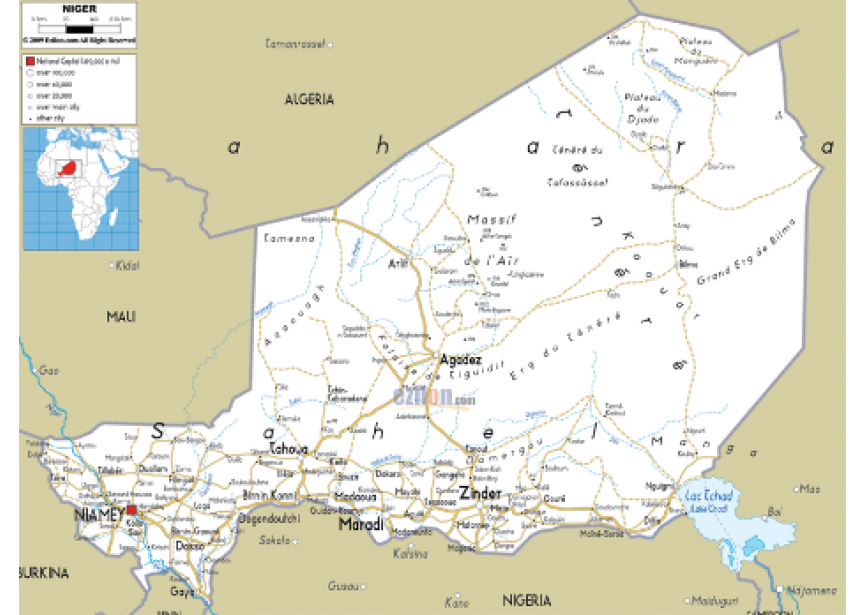Indigo
INDIGO is a 4th pillar that consciously opts for small-scale water projects that can be carried out by the local brousse population using known techniques and that they take on feasible responsibilities so that the sustainability of the project is guaranteed.
It is important to think, organize, work, evaluate and create independence together.
We work in brousse villages around the sand city of Agadez, central Niger, about 1,000 km north of the capital Niamey.
There the families live in huts, there is no running water or electricity.
The women fetch water every day in the river bed, at about 1000m 'outside' the village. There are also vegetable gardens there.
The aim is to bring the water closer to the center of the village. The new water well with water pump is connected by PVC pipes to the newly built water basins in the village. Indigo buys all the material, the locals carry out the works in consultation.
The terms of the collaboration are always explained, the working method and locations discussed during a prospecting village meeting.
INDIGO works around the following SDGs:
SDG 6 - Access to water: by digging the well sufficiently deep, there is relative certainty that there is always enough water.
In addition, the well is cemented so that it does not collapse during that rainy season.
The water basins can store sufficient water reserves for a few days.
SDG 3 - Good health and well-being: if the dispensary can work well and hygienically, it will benefit the local population because the village is too far away from Agadez to seek help there.
SDG 17- Partnership: by discussing and recording the project, collaborating and evaluating the project, it promotes their partnership in the project and, above all, the acceptance of responsibility by the entire village.
We also promote indirectly through these water projects
SDG 4 - education, because more children can go to school instead of getting water; because the school is also connected to the well
SDG 11 - sustainable communities, mainly because of the relative certainty that water is always available and that 'the village' must not move in search of water.
The application for a project comes from the village itself. This always shows that the community is aware of their contribution to a successful project.
Sustainable access to water increases the chances of survival in the dry and hot broth villages.
The project's self-reliance and independence is based on a local proposal to establish 'management committees'. They are responsible for collecting a small contribution (reserve money), the cleanliness around the water basins and the care for the project.
By using known techniques and materials, the local population can, if necessary, be responsible for finding solutions.
The projects are embedded in society because of mutual cooperation and trust.
The projects are supported by the local population because ‘known and manageable techniques’ are used:
- manual digging and cementing well
- building the water basins
- connecting the water well with the water basins by excavating the route and installing the PVC pipes
AMAN IMAN...water is life
Indigo - Plein 55 - 8500 Kortrijk
www.facebook.com/Indigo.niger











